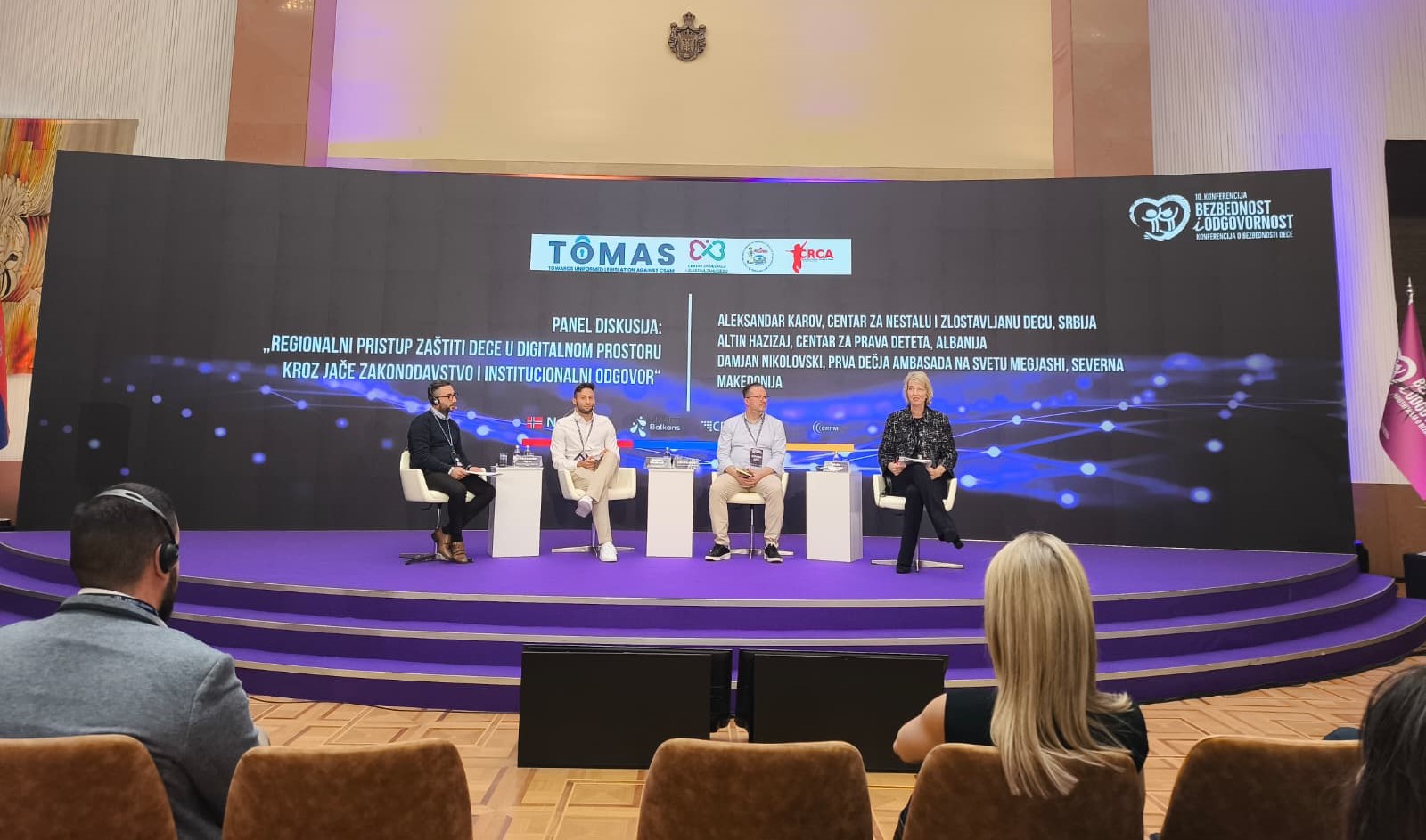Last call: protect children from online sexual exploitation!
Every second at least 2 images or videos of child sexual abuse are published online. The last flash Eurobarometer shows 78% of Europeans interviewed support the European Commission’s proposal to fight child sexual abuse. Now is the moment for decision-makers to listen to the voice of citizens.
We have come to a crucial moment for policy-makers to decide upon the European Commission’s proposed Regulation to prevent and combat child sexual abuse. After months of political and technical debates, the European Parliament and the Council of the EU are getting closer to voting on their positions.
There is wide public support to mandate online service providers to proactively detect and remove online child sexual abuse. Recent polling data from ECPAT and NSPCC reveals that 81% of Europeans support action to oblige online service providers to detect, report, and remove child sexual abuse online. According to the Eurobarometer, 87% of Europeans indicate clear support for the detection of online child sexual abuse in messages such as e-mails and chat and 83% in end-to-end encrypted messages in case of significant risk of child sexual abuse.
However, not any Regulation will be fit for purpose. The scale and urgency of the problem requires a detection system that covers all forms of abuse, including known and new child sexual abuse material and grooming, across all channels, including encrypted private messaging.
We welcome the co-legislators’ efforts to reach a compromise. However, they must avoid by all means facilitating potential perpetrators to abuse children under the radar of platforms and law enforcement agencies, by significantly reducing the scope, targeting detection orders to individuals or excluding private messaging. Giving a clear legal basis for complementary voluntary detection of CSAM is key to avoid gaps in protection and unblock the potential of this Regulation in scope and form. Without these elements, the recent compromise announced by the European Parliament will significantly restrict the possibilities for detecting child sexual abuse and lead to an unacceptable step back in the protection of children online. We cannot afford to leave children more unprotected than they are now under the temporary derogation to the e-Privacy Directive.
Every second, at least 2 images or videos of a child’s sexual abuse are published online and reports of grooming increased by 82% from 2021 to 2022. This is a violation of children’s rights as outlined by the UN Convention on the Rights of the Child (UNCRC), including their right to protection and to privacy. Detecting child sexual abuse is necessary to prevent harm, rescue children from imminent danger and stop ongoing abuse. Grooming and the dissemination of material depicting the sexual abuse of a child are also grave breaches of the child’s right to privacy. Children’s rights are fundamental too: EU Member States are legally bound to respect them under the UNCRC..
We cannot afford to postpone the fight against online child sexual abuse any longer. Extending the temporary derogation of the e-Privacy Directive will not suffice. Since it is set to expire in August 2024, there will no longer be a possibility for online service providers to detect and remove child sexual abuse. Eurochild calls on decision makers to secure a child-rights based, workable, future-proof and effective framework to fight online child sexual abuse.





